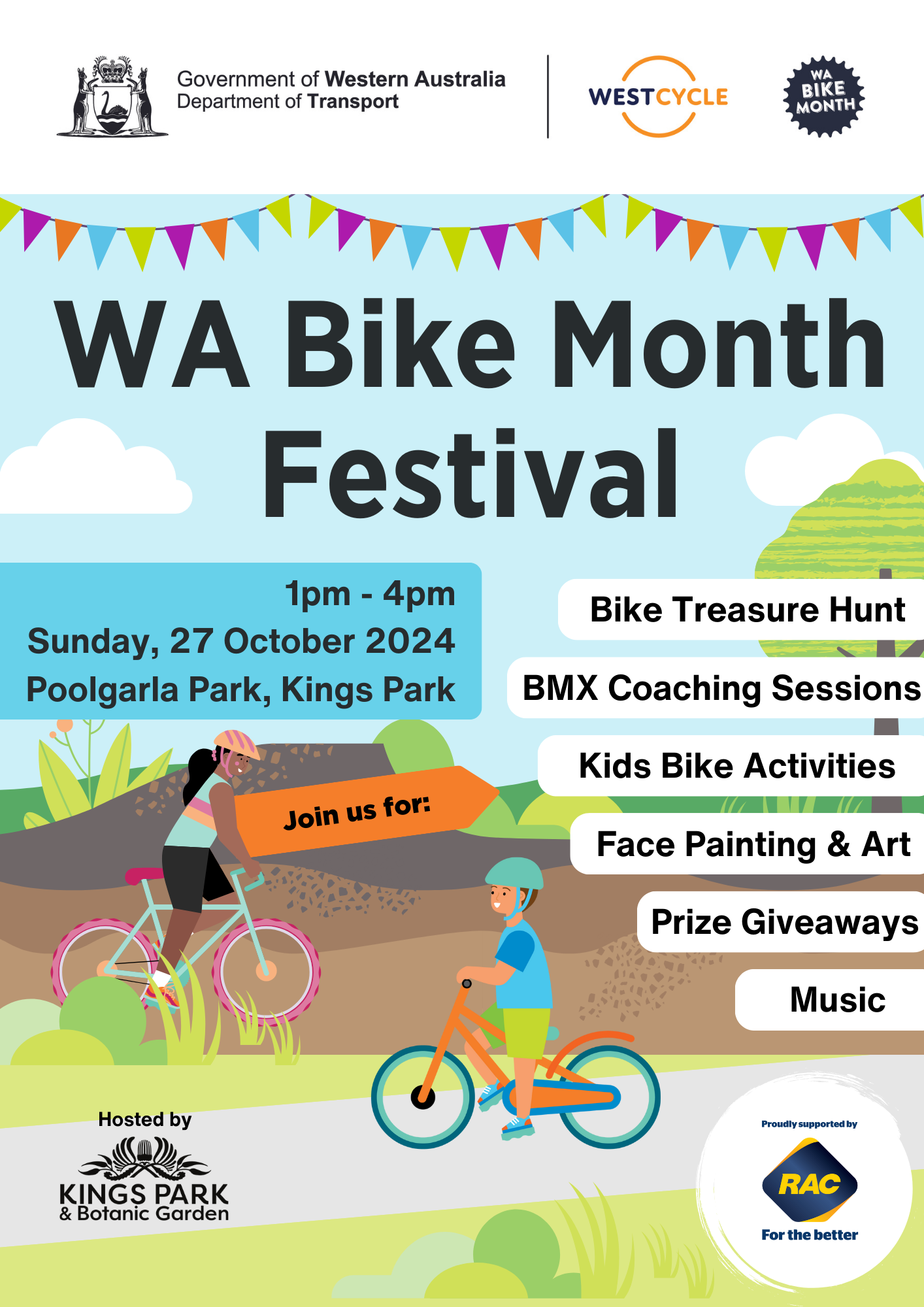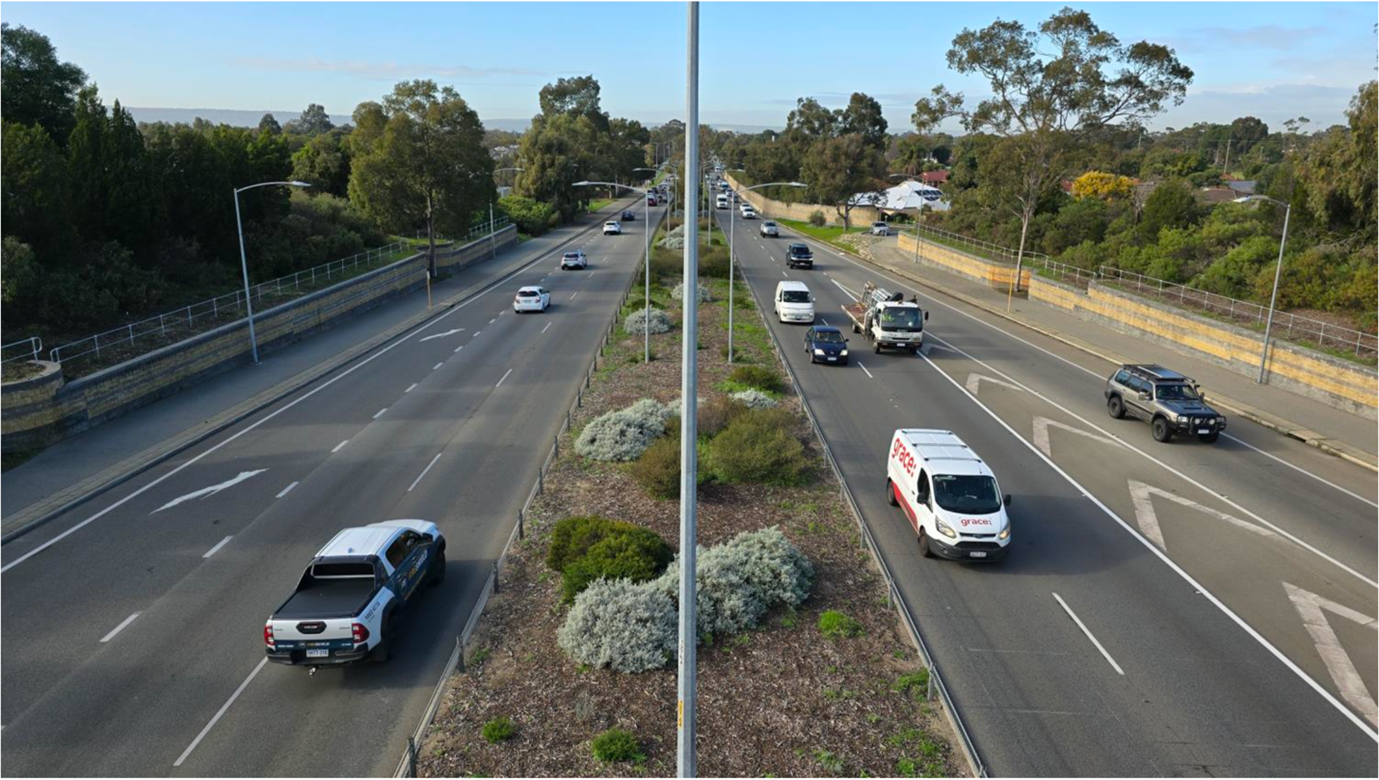As an advocate for active transport, WestCycle strongly disagrees with the messaging in the recently released “No one plans a crash” road safety campaign.
The campaign includes videos that portray active transport, including riding bikes and e-scooters, as dangerous and suggests the active transport users are necessarily at fault for the crashes they are involved in, without any further commentary about the surrounding urban environment, car-dominated context, or acknowledgement of the overwhelmingly positive impact active transport has on the overall health and well-being of the community.
We recognise the Road Safety Commission’s difficult role in achieving the ambitious road safety target to reduce the number of people killed or seriously injured by 50 to 70 per cent by 2030. However, the messaging in this recent campaign is contrary to the Road Safety Commission’s own Driving Change – Road Safety Strategy 2020-2030 which is based on the principles of the “Safe System” approach. This approach recognises that mistakes can and will happen on the road, and aims to create a road environment that minimises the harm caused by these mistakes.
The Western Australian Local Government Association’s RoadWise program (which is funded by the Road Safety Commission) also promotes and foregrounds the Safe System approach to road safety:
Importantly, the safe system approach changes the focus from blaming those who use the roads to viewing the road transport system as a whole, where the responsibility for reducing risk is shared by road users and those who design, maintain and operate all parts of the road transport system.
Since before the campaign’s release in December, WestCycle has been strongly requesting the Road Safety Commission not release the videos in their current form. WestCycle is particularly concerned that the videos play into unfounded stereotypes of people using active transport being somehow irresponsible or illegitimate road users. This is far from the case. People who choose to walk or ride for a transport or recreational journey instead of hopping in the car are making the community safer and healthier through their actions. If more people used active transport, our streets and neighbourhoods would be more pleasant, safe and vibrant places for everyone.
Active transport plays a vital role in creating liveable neighbourhoods in sustainable cities and towns. Bikes and scooters provide efficient and sustainable transport options for a wide range of people while also providing individuals with the benefit of physical activity and social connection with their community.
People choosing to use bikes, e-scooters or walking for part of their daily travel are helping to prevent lifestyle diseases such as obesity, heart disease, and type 2 diabetes, while also reducing carbon emissions and local air pollution. The whole community benefits from the actions of these individuals.
If you are concerned about the negative portrayal of bike riding and e-scooter use, we encourage you to join us in our advocacy efforts and read about our vision for active transport.
You can get involved by writing to your local member of parliament and letting them know your concerns about the campaign, or just by talking to your friends and family about what you love about using your bike or e-scooter or walking and encouraging them to swap out one car trip for an active mode.






